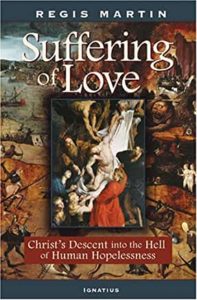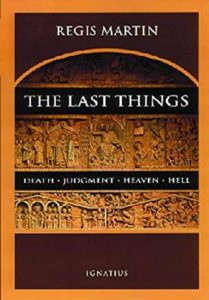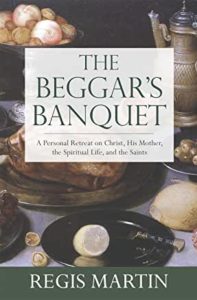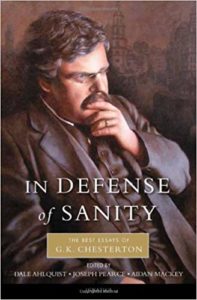Podcast: Play in new window | Download (Duration: 4:06 — 2.9MB) | Embed
Subscribe: Apple Podcasts | Spotify | Amazon Music | Android | Pandora | iHeartRadio | JioSaavn | Podchaser | Gaana | Podcast Index | Email | TuneIn | Deezer | Anghami | RSS | More

Chapter 1 – Transforming Love
There is only one way to perfection and that is to pray; if anyone points in another direction then they are deceiving you. Saint Teresa of Avila
Prayer is the place where we freely choose to receive God’s love despite the unwanted thoughts, fantasies, and daydreams that try to distract us from receiving it. It is by daily trying to raise the mind and heart to God in prayer, that God gives us the only love that can transform us into the image and likeness of Jesus.
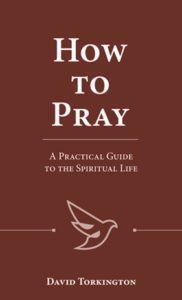 You can find the book here.
You can find the book here.
This little book How to Pray – A Practical Guide to the Spiritual life by David Torkington, was published by Our Sunday Visitor. It was written for those prepared to restructure their daily lives to make time for the prayer where they can be transformed by the love that only God can give.
In the foreword to this new book from OSV, “How to Pray: A Practical Guide to the Spiritual Life,” Sister Wendy Beckett wrote,
“There are no hideaways here, no excuses, but no alarming demands, either. Instead, Torkington seeks only to show us the truth, that truth that sets us free and convinces us that the yoke of Jesus is easy and his burden light. All we need is to understand and to choose. This book offers us the help we need to understand, and then the choice is ours.”
This is not your standard “prayer book” – it is not a compilation of Catholic prayers for you to just read. Rather, this is a series of 40 reflections on prayer intended to open you up to the transformation that is possible through prayer, through the love that God can give us through prayer.
Endorsement
“From here to eternity! For those drawn to contemplative prayer, David Torkington offers compelling clarity and common sense. Gentle kindness guides his practical counsel, and he is careful to help us see the solid principles in which he roots his insights. An authentic and reliable guard against counterfeits, his wisdom points to the heights and grounded-ness of the Catholic mystical tradition at a time when it is most needed.”
Dr. Anthony Lilles, STD: Associate Professor and Academic Dean of St John’s Seminary in Camarillo, as well as the academic advisor for Juan Diego House of Priestly Formation for the diocese of Los Angeles. For over twenty years, he served the Church in Northern Colorado, where he joined and eventually served as dean of the founding faculty of Saint John Vianney Theological Seminary in Denver.
Visit his website: www.davidtorkington.com.
The author of the popular Peter Calvay series, his books include Wisdom from the Western Isles, Wisdom from Franciscan Italy, Wisdom from the Christian Mystics, Prayer Made Simple (CTS), and How to Pray by Our Sunday Visitor. His books have been translated into 13 different languages.


 For other audio recordings of various spiritual classics you can visit the
For other audio recordings of various spiritual classics you can visit the 

